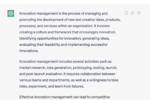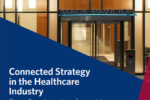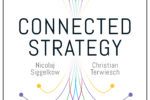 Productivity in the Age of Intelligent Automation Spring 2025 Conference Report Productivity has always been a central concern of business leaders, operations researchers, and innovators. But what it means to be productive—and how we measure and achieve it—is rapidly changing in the age of artificial intelligence. The Mack Institute’s Spring…Read More
Productivity in the Age of Intelligent Automation Spring 2025 Conference Report Productivity has always been a central concern of business leaders, operations researchers, and innovators. But what it means to be productive—and how we measure and achieve it—is rapidly changing in the age of artificial intelligence. The Mack Institute’s Spring…Read More Productivity in the Age of Intelligent Automation
 Productivity in the Age of Intelligent Automation Spring 2025 Conference Report Productivity has always been a central concern of business leaders, operations researchers, and innovators. But what it means to be productive—and how we measure and achieve it—is rapidly changing in the age of artificial intelligence. The Mack Institute’s Spring…Read More
Productivity in the Age of Intelligent Automation Spring 2025 Conference Report Productivity has always been a central concern of business leaders, operations researchers, and innovators. But what it means to be productive—and how we measure and achieve it—is rapidly changing in the age of artificial intelligence. The Mack Institute’s Spring…Read More 



















